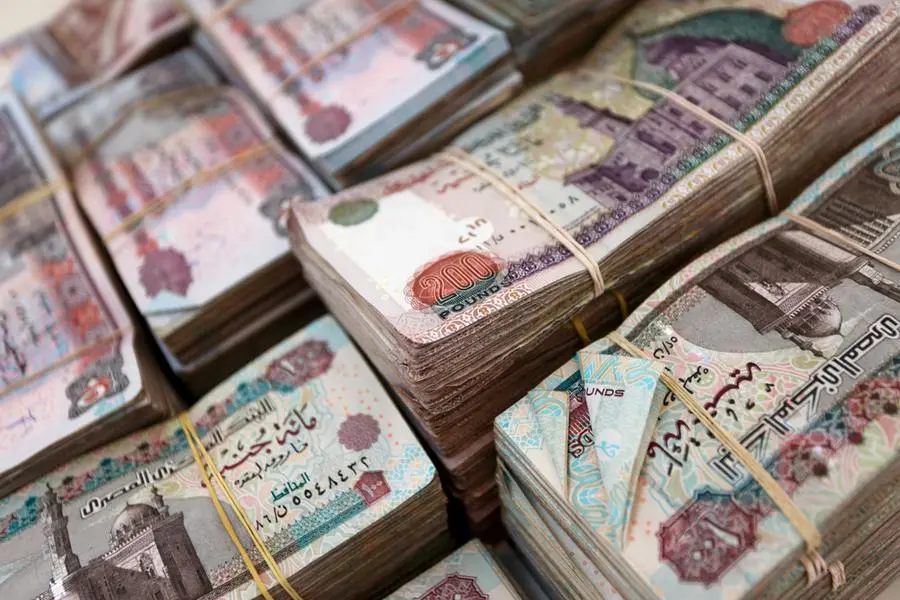PHOTO
The Central Bank of Kuwait has asked the banks operating in Kuwait to provide it with the latest developments on the establishment of the central room that will be dedicated to dealing with cases of electronic financial fraud, designated to work 24/7, reports Al-Rai daily. The bank’s response in principle is that it may be useful to point out that the coordination team for establishing the ‘Chamber’ must include representatives from the Union of Banks, the Public Prosecution, the Ministry of Interior, and the Communications and Information Technology Regulatory Authority (CITRA).
The reliable sources said the banks have informed the CBK that the last meeting came up with four main issues which can be limited to:
■ Achieving the target – The banks are almost ready to establish the required “chamber”, while the current open discussion is related to the appropriate technical and human mobilization to provide a specialized team in each bank capable of achieving the goals of the “chamber” and receiving financial fraud reports, following them up and dealing with them with the required speed and efficiency, as each bank will allocate Specific employees for this purpose. The sources stated that the banks coordinated with the relevant authorities to take the necessary precautionary measures to ensure that it does not happen again. The sources explained that a preliminary vision had been developed to limit electronic financial fraud operations, a mechanism for dealing with banking reports with those concerned in the Ministry of Interior, freezing decisions with the Public Prosecution, and a mechanism for dealing with phone numbers and Internet website addresses used in cases of fraud with CITRA, while suggesting that implementation of the construction of the “chamber” will begin in the next two weeks.
■ Freeze funds – The CBK reported that they received, during the meetings of their representatives in the coordination team, reassurances from the prosecution stating that the latter is moving towards accelerating the procedures for freezing funds derived or suspected of being the result of fraudulent operations and that they are more prepared to respond as quickly as possible to requests for banking permission to block suspicious funds until they are disposed of and returned to their owners. Although the prosecution’s assurances to the banks did not include any indication that a specific department had been allocated to these cases and that the matter was still limited to increasing the working hours allocated to this scope, this move dispelled banking fears of exposure to the risks of freezing any clients’ funds without permission from the prosecution, which It usually takes 3 business days to complete.
■ Local operations – The banks pointed out that any immediate freezing of fraudulent funds will be limited to the movement of funds from one bank to another inside Kuwait. However, if the “hacker” succeeds in convincing the victim and withdrawing his money in transfers abroad or in “online” purchases, the “Chamber” will not be able to implement the plan. The urgent measures that you will take locally are to freeze the amounts of these operations immediately. To simplify, if a person is defrauded and his money is transferred to another local bank, the receiving bank will be asked to freeze the transaction funds, after obtaining permission from the prosecution to freeze immediately, in preparation for returning them again to the victim client’s account.
However, if the “hacker” succeeds in luring the victim by transferring his amounts directly abroad or directing them for “online” purchases, the bank with which the customer’s account is opened will have no choice but to activate its traditional procedures, which include contacting the intermediary bank to stop the flow of funds to the opposite party of the transfer or purchase process. Of course, the success of the procedure depends on the speed of reporting and many other considerations.
■ Withdrawal of money – There is a possibility that the bank receiving the money will not be able to freeze the fraudulent amounts immediately, even if the transaction was between two local banks if the “hacker” succeeds in withdrawing the “cash” amounts before the issuance of permission from the prosecution, as he may withdraw the amount by simply depositing it in an account used as a bridge. Timed or transferred “online” at a speed exceeding the response time of the “chamber”. It is noteworthy that the “Central Bank” asked “CITRA” to take the necessary measures regarding fraudulent operations that use phone numbers issued
by telecommunications companies operating in the country, and to use means to prevent fraudsters from impersonating official institutions, including requiring telecommunications companies to display the full name of the contacting party on the website, phone screen for communications with legal entities such as banks and government agencies, to reduce cases of impersonation of employees of banks or government agencies.
Perhaps what will increase the significance of the establishment of the expected “chamber” is the escalation of financial fraud operations at significant rates in the past three years, as many services and businesses have become available digitally, which has contributed to an increase in the spread of cyber-crime, especially fraud operations that aim to steal individuals’ banking and personal data in an effort to To access their money.
Many methods of financial fraud have recently spread, including fraudsters claiming to be from an official or banking institution to request information from individuals.
According to data issued by the Central Bank of Kuwait recently, the number of cases of fraud on bank cards at local banks increased by about 6 times last year compared to what was recorded in 2020. According to reports from local banks, fraud on bank cards has been increasing every year. Since March 2023, the Central Bank has held a series of meetings with banks as part of its effort to determine frameworks for coordination and cooperation between concerned parties to reduce electronic financial fraud.
© 2022 Arab Times Kuwait English Daily. All Rights Reserved. Provided by SyndiGate Media Inc. (Syndigate.info).























